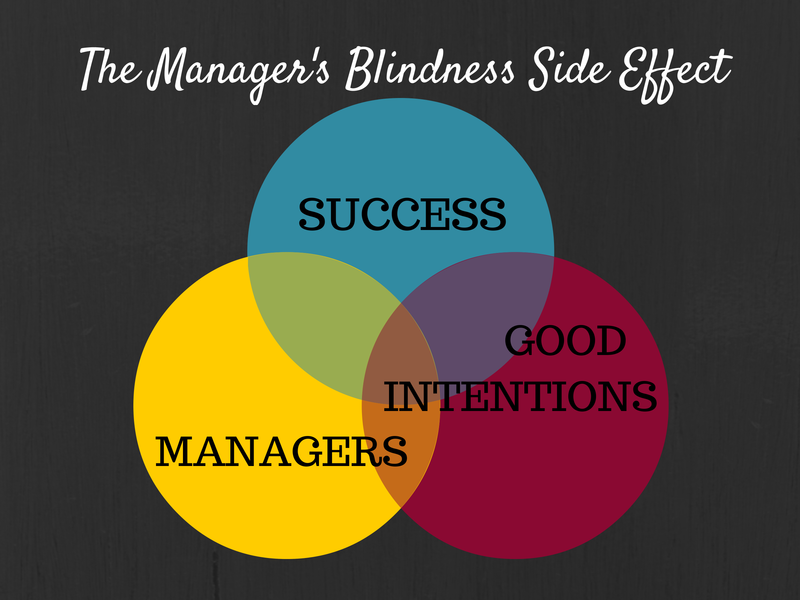At Menlo Innovations, a software company in Ann Arbor, bosses aren’t the major decision-makers — even over how to hire and fire.
When James Goebel and Richard Sheridan founded Menlo, they went all in on their ideas of decentralizing power and rethinking modern management that they’d implemented at a previous workplace. In doing so, they crafted a strong identity and culture at their new company. The “Menlo way” is remarkably open, collective, and democratic.
One of the best tests of those ideas took place when Goebel, who is the COO, had a niece, Erin, who worked as an admin at the company for a few months.
The company’s employees wanted to let her go — having collectively decided that nepotism wasn’t something that fit the Menlo way. Firing someone is always a serious decision, and firing the boss’s family member can be particularly thorny. But the rules applied equally — Goebel wasn’t able to object to the final decision to fire her. “Actually, my niece lives with me,” he told New York Magazine. “And she was really pissed….it was a little frosty for a while.”
For CEOs and bosses reinventing the traditional top-down way of running a company, being a strong leader means less power. Their proudest moment is when they are weakest.








 Growing up L.A., Khalil saw his friends become increasingly disengaged from school, especially math class. “I started tutoring kids and realized there was nothing fun to make math really relevant to them, so they didn’t make the connection between math class and the rest of the world. And they didn’t want to do their homework — they wanted to go outside and play basketball.”
Growing up L.A., Khalil saw his friends become increasingly disengaged from school, especially math class. “I started tutoring kids and realized there was nothing fun to make math really relevant to them, so they didn’t make the connection between math class and the rest of the world. And they didn’t want to do their homework — they wanted to go outside and play basketball.”

 Weekend edition of link love! Catch up with the best of what we’ve shared on the interwebs this week!
Weekend edition of link love! Catch up with the best of what we’ve shared on the interwebs this week!  Dundee’s Tip of the Week: Sign up for our very new newsletter for thoughtful posts on how to work better, useful tips, & exclusive content here.
Dundee’s Tip of the Week: Sign up for our very new newsletter for thoughtful posts on how to work better, useful tips, & exclusive content here.
 Happy Friday! Catch up with the best of what we’ve shared on the interwebs this week!
Happy Friday! Catch up with the best of what we’ve shared on the interwebs this week!